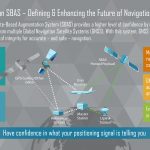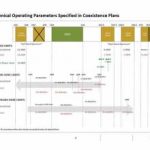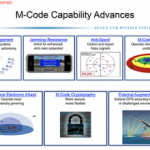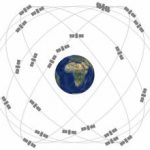GPS Investigations in Japan, and Privacy Concerns
The legal and privacy issues surrounding GPS investigations have come to the forefront around the globe in recent years. Recent court rulings in both Japan and the United States provide insights into the future. Here we summarize and examine a decision by the Japanese Supreme Court and relevant lower court’s decisions, as well compare the Japan decision and the mosaic theory from an earlier U.S. court decision.
By Ingo Baumann













